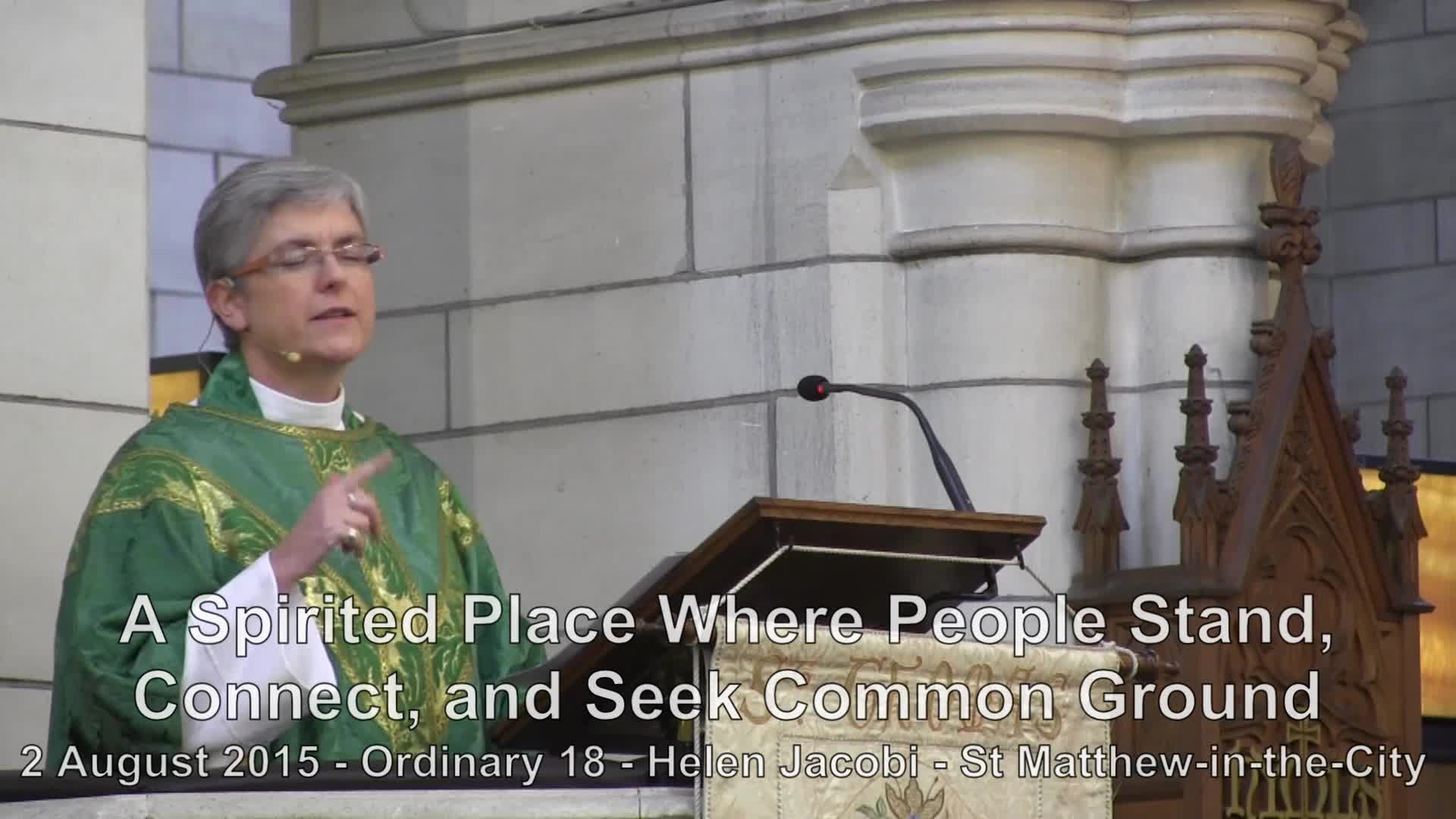
Home
Learning
Face Slapping 101
Wilf Holt examines Jesus’ teaching on Luke 6:27-38 - love your enemies and turn the other cheek


Good News

Media interviews

What is religious freedom

Acting on Climate Change

Christmas in the dark

Wages are for Living

Oneness

Living the Story
